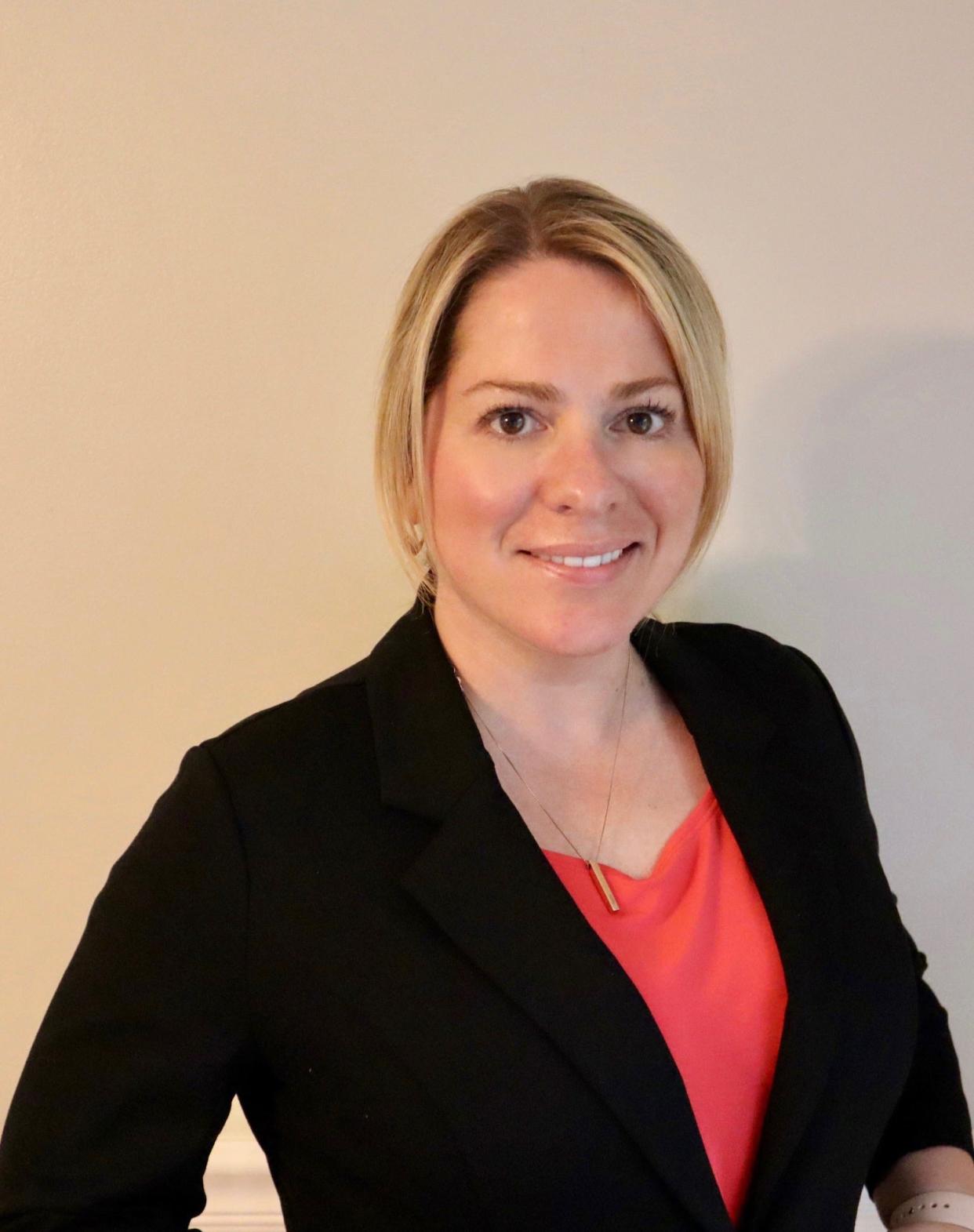Oyster River School Board candidate Renee Beauregard-Bennett

Name: Renee Beauregard-Bennett
Education: Doctorate of education
Occupation: Assistant superintendent for SAU 16, Exeter Region Cooperative School District
Political or civic experience highlights: This would be my first time seeking an elected position. However, my work with nonprofits to support families in need, and as a licensed foster-parent is indicative of my belief in the importance of community engagement and giving back.
What would be your top three priorities if you are elected?: My foremost priority would be to work to support and build a relationship with the new superintendent and his leadership teams which involves open communication and transparency. I think engaging stakeholders and building community partnership are essential for the success of our schools. As a member of the school board I would prioritize building strong relationships with parents, teachers, administrators, and community members to ensure that their voices are heard and their concerns addressed. Another top priority would be to continue with the high educational quality that ORCSD families expect. From the role of a school board member’s perspective this means actively participating in the negotiations with the teachers’ guild (union) next year to ensure ORCSD maintains and attracts the highest quality educators with competitive wages and benefit packages. I have experience as assistant superintendent of sitting at the negotiating table with the Teacher’s Association of doing just that. Lastly, promoting equity and inclusion is a professional and personal passion of mine. One of the critical roles of school boards is to approve budgets and policies, and I would work with my colleagues and ORCSD administrators to develop a fiscally responsible budget that prioritizes these underpinnings. I have a plethora of experience around developing school board policies as well as school district budget development.
How should the school district handle requests to remove books from the library or curriculum?: Handling requests to remove books from the library or curriculum is a complex issue that requires the consideration of various factors, including intellectual freedom, academic freedom, community values, and educational objectives. The school district should have clear and transparent policies and procedures in place for handling requests to remove books from the library or curriculum. These policies should outline the criteria for evaluating such requests, the process for review and decision-making, and the rights of students, parents, and community members to express their views. ORCSD has done this work and we are in a good place when these requests are filed.
Another note on this topic is that intellectual freedom is a fundamental principle that protects the rights of individuals to access information and ideas without censorship or restriction. Academic freedom similarly protects the rights of educators to select materials and design curriculum based on professional judgment and educational objectives. The school district should respect these principles while also ensuring that materials are age-appropriate and aligned with educational standards. By establishing clear policies and procedures, engaging stakeholders in open dialogue, and focusing on educational objectives, the district can uphold the values of a diverse and inclusive educational environment while addressing concerns raised by the community.
Do you support the expansion of education freedom accounts in New Hampshire?: I do not support it. It's important to carefully consider the financial implications of such policies, especially when they involve reallocating funds from public education to alternative programs. The public school funding issue in New Hampshire is and should be a priority for every citizen that believes all students should have access to a high quality public education. We can expect that the expansion of education freedom accounts will impact equity and access, particularly for marginalized or disadvantaged students. The ruling by Judge D. Ruoff regarding the ConVal Education Funding case validated the current public school funding crisis that exists in NH. By ruling in favor of the plaintiffs (which proudly included ORCSD) the court affirmed that the state is underfunding public schools as it is, and raising the income cap for EFAs which the recent House Bill 1165 did, doesn’t help reverse the current issue. The recent approval of House Bill 1665 means every dollar taken from that fund represents one less dollar available for public education.Additionally, concerns about the lack of accountability for schools or programs accepting EFA funds are valid. It's crucial that any alternative education programs funded through EFAs are held to rigorous standards to ensure that they effectively improve student outcomes. Without proper accountability measures in place, there is a risk that students may not receive the quality education they deserve.
What else should voters know about your views on local schools and public education?: I have 23 years working for and supporting public education as a paraprofessional, special education teacher, building administrator, district administrator, and SAU administrator. Overall, voters should know that I am deeply passionate about education and committed to advocating for policies and practices that ensure every student has the opportunity to reach their full potential. I am dedicated to serving as a strong advocate for our local schools and public education system, and I am committed to working collaboratively with all stakeholders to make our schools the best they can be.
This article originally appeared on Portsmouth Herald: Oyster River School Board candidate Renee Beauregard-Bennett

